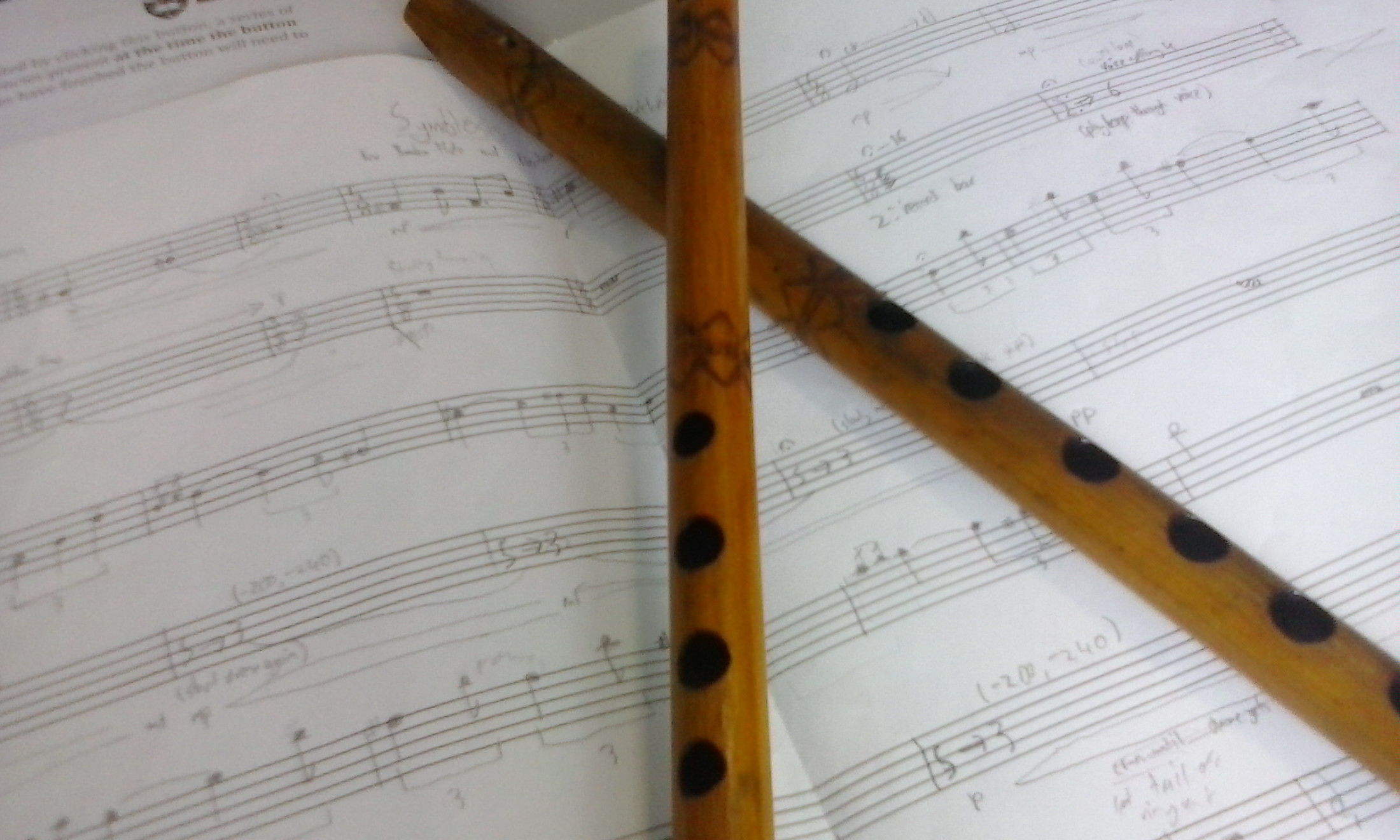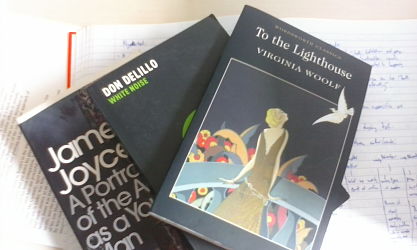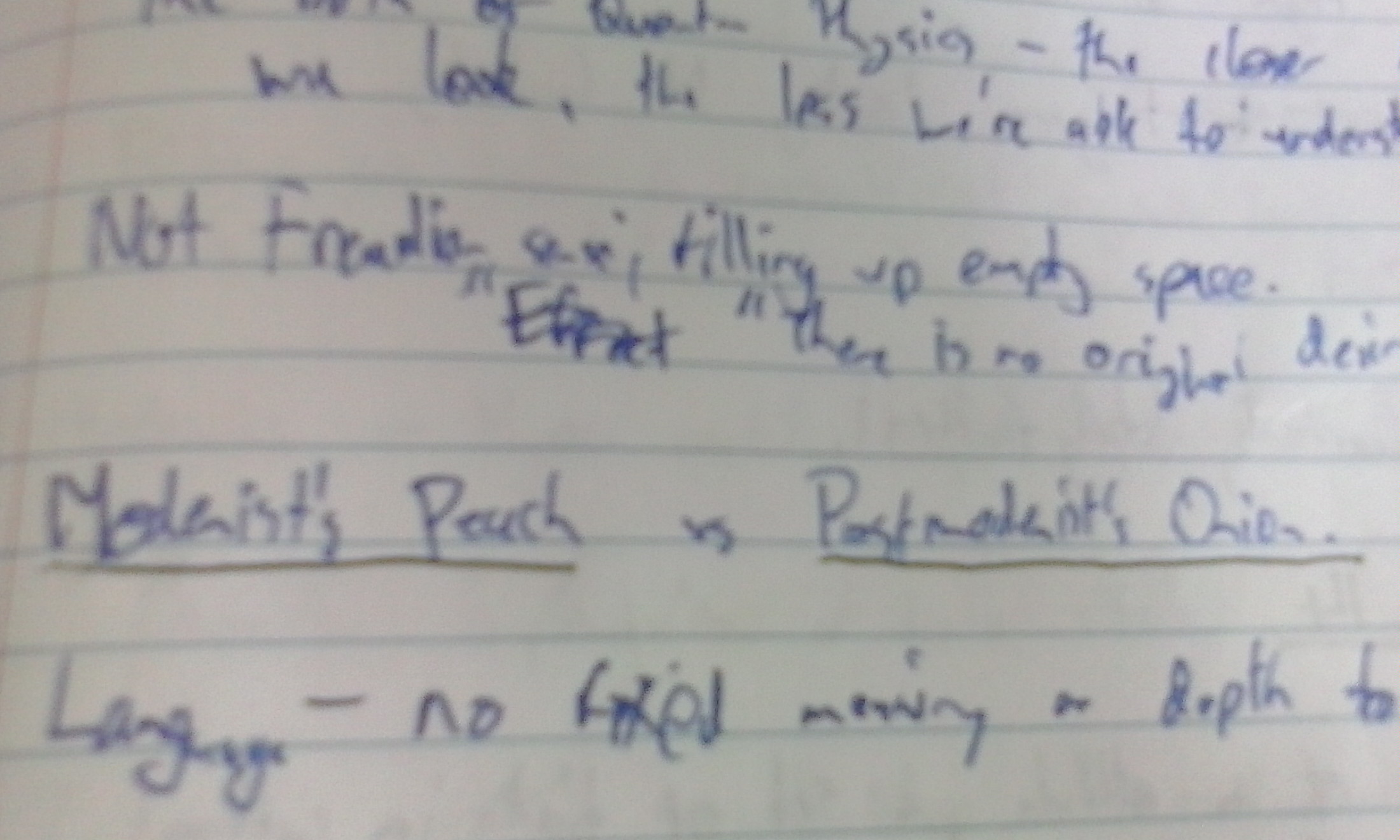Bring out the tissues: this will be my second-to-last post on this blog. No, that isn’t tragic violin music playing in the background. These aren’t real tears. I’m just chopping onions…
In the spirit of wrapping things up, this is gonna be a review of two of my favourite courses of second semester, MUS 111 and ENGLISH 101. As well as giving some (hopefully useful) info to people considering taking these papers, I just want generally to show how study doesn’t always have to be a grind. It’s also possible for course work to be a positive part of your life. To be energised by it, as I have done done with these two courses. You’ve kinda gotta throw yourself into it and immerse yourself. Be careful though: when the only thing you think about is your courses you know you’ve gone too far. But in moderation, this approach can make life easier and a whole lot more fun.
MUS 111 – Composition 2

This is very much continuation of last semester’s MUS 110. 110 is a prerequisite, and 111 is very similar content-wise but gets gradually more demanding. 111 has the same focus: to train us to be better, more well-rounded composers. In this way, it’s been a great success. Ideas come more easily to me now, and I’m more confident with how to sustain them. A great deal of this improvement should be put down to the quality of the teaching. But much of it is also just sheer output: you’re writing so much that you can’t help but improve. You learn what works and what doesn’t. You develop strategies. I’d say I’ve now got a much better handle on structure, which doesn’t sound very exciting but for me is quite a breakthrough.

To help with my compositions, I brought my tinny Casio keyboard up with me! (it’s even got 100 cheesy demo tracks). I try to use the hall’s music room whenever possible but you can only have it for two hours a day.
This course has been particularly helpful in forcing me to try out new things – think Green Eggs and Ham. On the instrumental/vocal side of things, we’ve had such a diverse range of assignments: we’ve had projects for trio, for make-your-own percussion ensemble, for choir. Meanwhile, our major “sonic arts” project was a piece for bamboo flute ($2 from Trade Aid) with electronic backing. So… it’s been a weird and wonderful mix, for sure! I will admit that for a few of the assignments I only started to “get” the parameters when it was too late, and my grades have suffered a little for this. Still, I’ve really appreciated the diversity of the course. It’s been simply fantastic in exposing me to new types of music. We’ve tried out styles and instrumentations that I thought I couldn’t write for. This course has shown me that actually I can; often I really enjoy it.
The class has the same crowd of 20-or-so students from MUS 110, as well as the same lecturer, the fabulous Leonie Holmes. This has fostered a real sense of community; I feel like I sort of know everyone. A culture of gentle humour has grown out of this. I remember one lecture listening to a vocal piece by Ligeti whose music was used in 2001: Space Odyssey. The piece was intense and mesmerising, with strange, otherworldly harmonies. But it was too soft, and so Leonie adjusted the volume. The speakers proceeded to let out a loud cartoonish bup bup noise that completely drowned out the music. “Sorry Ligeti,” she joked, “I don’t think that was part of your piece.” Small moments like this have made the atmosphere of the class more welcoming and easy-going, something I’ve really valued.
The class has been a source of inspiration as well as humour. In lectures, Leonie has sometimes played extracts from her own works. They have always been so awe-inspiring to hear: it’s just wonderful knowing we’re taught by someone evidently so accomplished and talented. In workshops student pieces were often presented, and these were similarly motivating. There were quite a few penny-dropping moments where I thought: Wow, that’s the level I’m aiming for, and they’ve reached it already! You’re just surrounded by talent. Some of it, surely, has to rub off on you. Overall then, this course comes very highly recommended. It’s been fun, inspiring and instructive, and it’s also been great to do something creative to balance out my other papers.
Here’s a piece I wrote for clarinet, cello and piano trio earlier this semester (it’s a little quiet so try turning up the volume). A little clunky at places, but I’m still proud of it.
ENGLISH 101 – Contemporary Literature

Out of my three Arts papers this semester the real stand-out has been ENGLISH 101. This course covers three literary “movements” of the past 150 years: realism, modernism and postmodernism. The content and delivery of the course have both really gratified the English-nerd in me.
I’ve thoroughly enjoyed all six set texts – there hasn’t been a single dud. To single out three of them:
- From the realist camp we looked at “His Worship the Goosedriver”, by Victorian writer Arnold Bennett. In this short story, a soon-to-be mayor leads some geese up a road, and consequences ensue (dun dun dun). The text is full of dry humour and wry observations about the foibles of people.
- We’ve also read Virginia Woolf’s To the Lighthouse. This modernist novel explores human experience, relationships, and loss. I found it deeply touching – it’s become one of my favourite books.
- The zany postmodern novel White Noise by Don DeLillo was another highlight of this course. It questions everything you think you know to the point where it’s kind of headache-inducing. In a fun way.
That these were so engaging to read, then, has been a huge help in getting me enthusiastic about this paper. Just enough time is dedicated to each text, too, so you don’t get sick of them while also not rushing (which I sometimes found to be the case in 112).
Discussions have been as fascinating as the texts themselves. Some pretty mind-boggling concepts have been thrown around. We’ve been introduced to the modernist idea that reality is fragmented, subjective, having an underlying meaning just out of reach. Opposed to this, postmodernists view reality like an onion – that’s right, an onion – having no core, consisting only of layers.

Bizarre as it seems, this analogy has actually been really helpful.
Talk about bamboozling! I’d have been completely lost if it wasn’t for our lecturer. Always coherent and down-to-earth, she’s somehow been able to explain these lofty ideas in a crystal-clear way, while also infecting you with some of her enthusiasm. It’s thus richly rewarding when everything becomes clear. You start getting excited about commas, for instance.
Another thing I’ve admired about this course is the emphasis on participation. Although the class is not as intimate as it is in MUS 111, with 10% of our grade given to participation we’ve still been encouraged to answer questions and ask some of our own. There’s a feeling that the course runners really want us to do well. On top of that, the often creative manner of assessment is quite refreshing. Instead of writing a formal essay on one of the novels we studied, we had to re-write scenes to be set in modern-day Auckland. That was an interesting and engaging exercise – much like this course in general! On the whole this paper’s been simply marvellous, and has gotten me excited to be an English major all over again. The ‘student’ component of student life ain’t so bad, after all.
– Anthony.